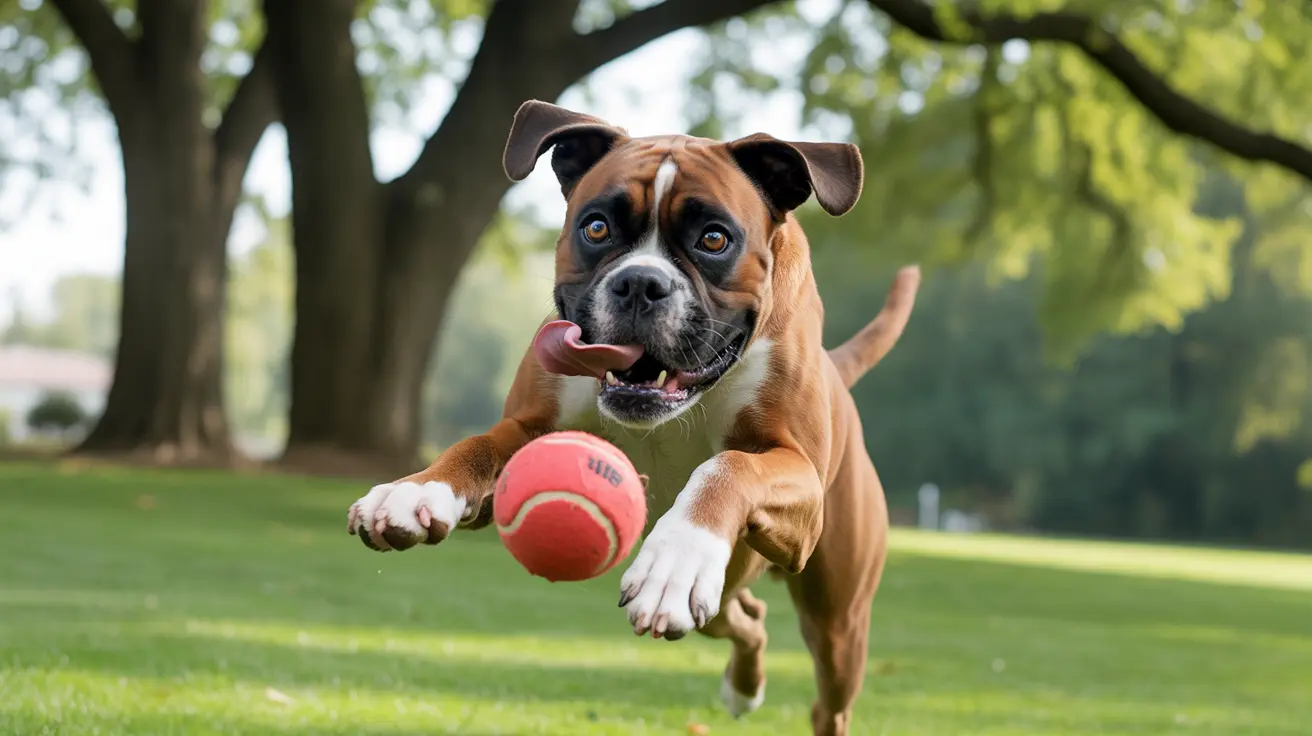As cicada season approaches, many dog owners find themselves wondering about the safety of their curious canines consuming these noisy insects. While cicadas can provide an unexpected protein snack for dogs, it's important to understand both the safety aspects and potential risks associated with your pet's cicada consumption.
In this comprehensive guide, we'll explore everything you need to know about dogs eating cicadas, including safety concerns, potential health risks, and when to seek veterinary care. We'll also provide practical advice for managing your dog's interaction with these seasonal insects.
Understanding Cicada Safety for Dogs
The good news is that cicadas are neither poisonous nor toxic to dogs. Veterinary experts, including Dr. Gary Richter, confirm that consuming a few cicadas typically won't harm your dog. In fact, these insects can be considered a natural source of protein, albeit an unconventional one.
However, moderation is key. While individual cicadas aren't harmful, their hard exoskeletons can be difficult to digest, potentially leading to stomach discomfort if consumed in large quantities.
Potential Health Risks and Concerns
While cicadas aren't inherently dangerous, there are several potential health concerns dog owners should be aware of:
Digestive Issues
The primary concern with cicada consumption is digestive upset. Dogs may experience:
- Mild stomach discomfort
- Temporary diarrhea
- Vomiting
- Decreased appetite
Choking Hazards
Smaller dogs or those who tend to gulp their food face an increased risk of choking on cicadas, particularly when trying to swallow them whole. The hard exoskeleton can pose a particular challenge for these dogs.
Monitoring Your Dog After Cicada Consumption
After your dog eats cicadas, observe them for the following signs that might indicate a need for veterinary attention:
- Excessive drooling
- Unusual lethargy
- Persistent vomiting
- Difficulty keeping water down
- Signs of abdominal pain or discomfort
Prevention and Management Strategies
To minimize risks associated with cicada consumption, consider implementing these preventive measures:
- Keep dogs on a shorter leash during peak cicada activity
- Train your dog to respond to the "leave it" command
- Check your yard for cicada concentrations before letting your dog out
- Provide plenty of fresh water to help with digestion
- Offer appropriate alternative chew toys and treats
Frequently Asked Questions
Can dogs safely eat cicadas, and are these insects toxic or harmful?
Cicadas are not toxic or harmful to dogs when eaten in moderation. While they're generally safe, their hard exoskeletons can cause mild digestive upset if consumed in large quantities.
What symptoms should I watch for if my dog eats multiple cicadas?
Monitor for signs of digestive upset, including vomiting, diarrhea, decreased appetite, excessive drooling, or unusual lethargy. Most symptoms are mild and resolve on their own.
How can eating cicadas cause digestive issues or choking in dogs?
The hard exoskeletons of cicadas can be difficult to digest and may cause temporary gastrointestinal discomfort. Smaller dogs might choke when trying to swallow whole cicadas.
When should I take my dog to the vet after it has eaten cicadas?
Seek veterinary care if you notice persistent vomiting, inability to keep water down, signs of choking, or unusual lethargy. Most cases don't require veterinary intervention, but it's better to err on the side of caution.
What steps can I take to prevent my dog from eating cicadas during their seasonal emergence?
Keep dogs on a shorter leash during walks, train them to respond to the "leave it" command, monitor your yard for cicada activity, and provide alternative forms of entertainment and treats.
Conclusion
While dogs eating cicadas isn't typically cause for serious concern, being informed and vigilant can help prevent potential complications. Remember that moderation is key, and always monitor your pet after they've consumed these insects. When in doubt, don't hesitate to contact your veterinarian for professional guidance.






